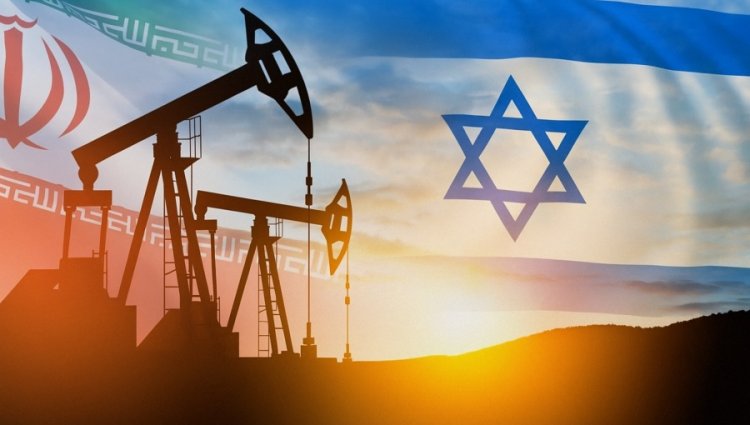Iran-Israel conflict impacts India's agricultural exports, Basmati exporters worry about losses
The Iran-Israel conflict is disrupting India's agricultural exports, especially basmati rice. Iran, a key buyer, has cut orders, leading to falling prices and delayed payments. Exporters and farmers, particularly in Punjab, fear major losses.

The escalating military conflict between Iran and Israel is impacting global trade, and India's agricultural exports are no exception. Iran is a major buyer of India's basmati rice and other agricultural products. Declining orders, shipment delays, and payment disruptions are affecting exports, which could also impact Indian farmers.
Approximately 60–70% of India's basmati exports are directed to the West and Central Asia. In the financial year 2024–25, India exported basmati rice worth approximately ₹6,400 crore to Iran. However, with the worsening situation in the region, new orders from Iran have nearly come to a halt, leading to a drop in basmati prices. Export prices have fallen to around $900–950 per tonne, down from over $1,200 per tonne last year.
Vijay Setia, former president of the All India Rice Exporters Association, told Rural Voice that India has significant trade with both Iran and Israel. The situation in West Asia has put basmati exports under threat. Exporters are facing delayed payments, and further price drops are expected. The tension in the region is a major challenge for India's export sector.
Pakistan, owing to its geographical advantage, could increase its basmati exports to Iran through barter trade. It is worth noting that in 2019, following U.S. sanctions on Iran, India had to stop importing crude oil from the country. At the time, basmati and other exports were also affected. The current situation is another blow to Indo-Iran trade.
Due to rising tensions between Iran and Israel, basmati prices had already fallen to ₹75–80 per kg in April. Although some price recovery occurred as Iran and other countries in the region increased purchases for food security, the worsening conflict is expected to drive prices down again.
Trade Routes Disrupted
The war-like conditions in West Asia have threatened key maritime routes such as the Red Sea and the Strait of Hormuz, leading to delays and a 15–20% rise in insurance premiums. Many shipments face the risk of getting stranded. Insurance companies are also hesitating to provide coverage due to the high risk.
According to Commerce Ministry sources, trade through Iran’s key port of Bandar Abbas, vital for Indian exports, is facing significant disruption. The port has suffered damage in Israeli attacks.
Concern in Punjab Among Exporters and Farmers
Punjab, which contributes nearly 40% to India's basmati exports, is particularly worried. The conflict comes just as the kharif sowing season begins and could affect the cultivation of basmati paddy. Punjab exporters worry that any escalation in the conflict could force ships already in transit to return, resulting in significant financial losses.
Impact on Soymeal, Tea, and Dry Fruits
Iran also imports soymeal, tea, pulses, and spices from India, in addition to basmati rice. In 2024–25, India exported agricultural goods worth ₹11,200 crore to Iran, including approximately ₹1,500 crore of soymeal and ₹700 crore of tea. India imports a large quantity of pistachios and Mamra almonds from Iran. Due to the conflict, supply of these dry fruits has been disrupted, leading to a price hike of ₹50–60 per kg in Indian markets.
Rising Crude Oil Prices
Iran is a major oil producer. The Strait of Hormuz, through which nearly two-thirds of India’s crude oil and half of its LNG imports pass, is under threat due to the conflict. Brent crude prices recently reached $78 per barrel, raising concerns of inflation in India. Rising crude prices could affect the entire Indian economy.



 Join the RuralVoice whatsapp group
Join the RuralVoice whatsapp group








































